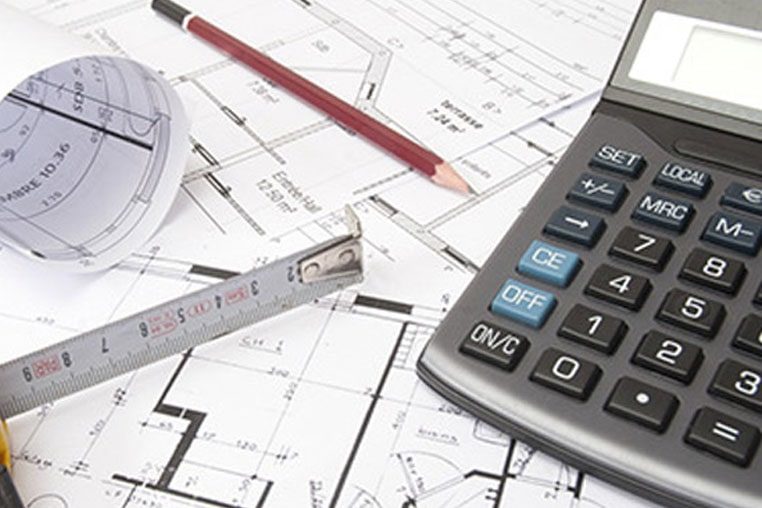
Cost Estimation Techniques in Quantity Surveying
Cost estimation is a critical aspect of construction and project management. Quantity surveyors play a pivotal role in ensuring that construction projects are completed within budget and on schedule. They are responsible for estimating and managing the costs associated with construction projects, from initial planning to final execution. In this blog, we will delve into various cost estimation techniques employed by quantity surveyors, including elemental cost estimating, approximate quantities, and parametric estimating.
Elemental Cost Estimating
Elemental cost estimating is a fundamental technique used by quantity surveyors to break down the cost of a project into its constituent elements. These elements typically represent different aspects of the project, such as labor, materials, equipment, and overhead costs. The primary advantage of elemental cost estimating is its ability to provide a detailed breakdown of project costs, enabling better cost control and monitoring. It also aids in making accurate comparisons between different projects.
The process of elemental cost estimating involves:
- Identifying and defining the project elements.
- Estimating the cost of each element separately.
- Summing up the costs to determine the overall project cost.
Quantity surveyors use historical data, cost databases, and their expertise to estimate the costs of individual elements accurately. This method is especially useful for projects with well-defined scopes and clear specifications.
Approximate Quantities
Approximate quantities estimation is another technique used by quantity surveyors, primarily in the early stages of a project when detailed design information is limited. In this method, the surveyor estimates costs based on approximate quantities of materials, labor, and equipment required for the project.
The process of approximate quantities estimation involves:
- Creating a preliminary bill of quantities based on available information.
- Using unit rates and price data to estimate costs.
- Adjusting the estimates as more information becomes available during the project’s development.
Approximate quantities estimation provides a rough idea of project costs and is valuable for budget planning and feasibility studies. However, it becomes more accurate as the project progresses and more details become available.
Parametric Estimating
Parametric estimating is a cost estimation technique that relies on historical data and statistical relationships between project parameters. Quantity surveyors use this method to estimate costs based on key project variables such as size, area, or volume.
The process of parametric estimating involves:
- Identifying the relevant project parameters (e.g., cost per square foot, cost per unit).
- Gathering historical data and establishing a statistical relationship.
- Using the relationship to estimate costs based on the project’s specific parameters.
Parametric estimating can provide quick and reliable cost estimates, especially for projects with well-documented historical data. It is particularly useful in the early stages of a project when detailed design information is limited.
Conclusion
Cost estimation is a crucial aspect of quantity surveying, and the accuracy of these estimates can significantly impact a project’s success. Quantity surveyors employ various techniques, including elemental cost estimating, approximate quantities, and parametric estimating, to estimate and manage project costs effectively.
Elemental cost estimating offers a detailed breakdown of project costs, ideal for well-defined projects with clear specifications. Approximate quantities estimation is valuable for early-stage planning and feasibility studies when detailed design information is limited. Parametric estimating relies on historical data and statistical relationships to provide quick and reliable cost estimates.
Ultimately, the choice of cost estimation technique depends on the project’s specific characteristics and the level of detail available at different stages. Quantity surveyors play a vital role in ensuring that projects stay within budget and meet financial objectives, making their expertise in cost estimation techniques invaluable in the construction industry.






